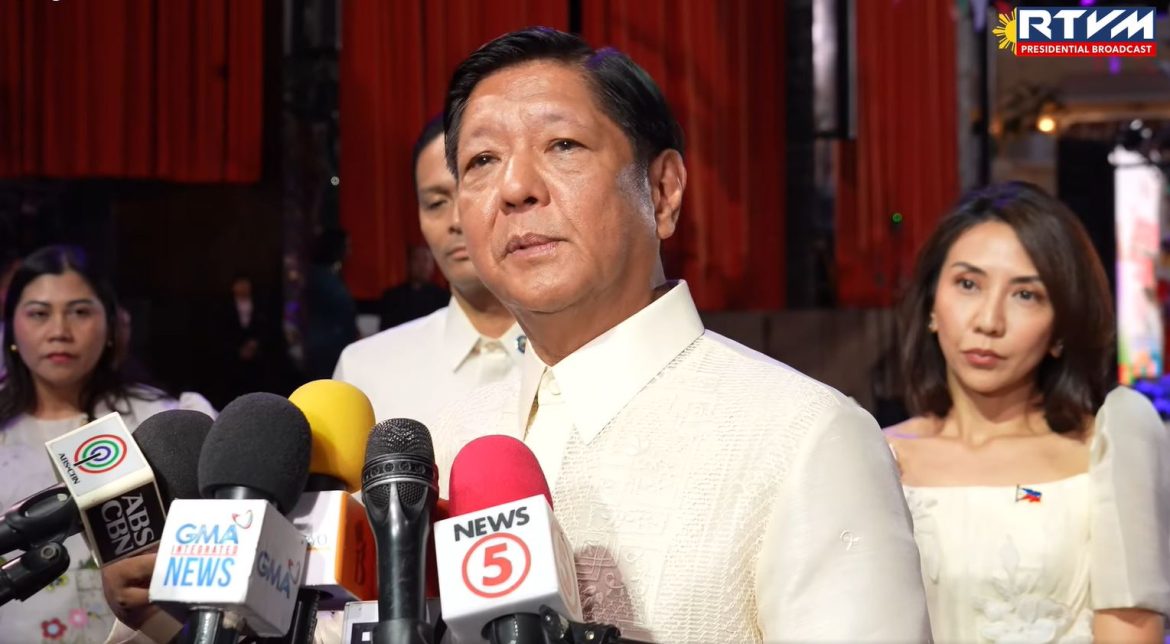President Ferdinand R. Marcos Jr. has announced a comprehensive ban on Philippine Offshore Gaming Operators (POGOs). This decision extends to internet gambling and similar establishments across the nation. Even those operating within economic zones or under the Philippine Amusement and Gaming Corporation (PAGCOR) fall under this ban. The move aims to curb the illicit activities often associated with offshore gaming and safeguard the country’s public order. POGOs have been a contentious issue in the Philippines, with criticisms over their alleged involvement in crime and negative social impacts. Despite the economic benefits they provide, the government has faced pressure to act against the sector.
The executive order, signed on November 5th, mandates a full halt to all POGO operations. Offshore gaming operators must cease activities and wind up their business by the end of 2024. This decision marks a significant policy shift towards a strictly regulated gaming environment in the Philippines. The government underscores that the ban will be enforced nationwide, leaving no exceptions for special economic areas. Officials emphasize the importance of maintaining a safe and orderly society, free from the disruptions often linked to unregulated gambling.
This announcement follows a series of discussions and reviews on the impact of POGOs within the country. While POGOs have contributed to the economy, particularly through employment and real estate, the adverse effects have overshadowed these benefits. Reports of crimes such as money laundering, fraud, and other illicit activities have been associated with the sector. President Marcos’s administration aims to address these concerns and restore public confidence in the legal gambling framework.
The ban comes amid a broader effort to regulate and streamline the gaming industry in the Philippines. Authorities have reiterated the importance of compliance with legal standards and protection of the public interest. Concerns regarding the safety and well-being of both employees and customers of POGOs have been highlighted. The Philippine National Police and other law enforcement agencies are set to support the implementation of the ban to ensure adherence to the executive order.
As the deadline approaches for POGOs to wind down their operations, businesses are expected to comply with the new regulations. The government plans to offer support to affected workers, providing pathways for employment in other sectors. Initiatives are underway to facilitate the transition and address any economic disruptions resulting from the closure of POGOs.
The move is also part of the Philippines’ ongoing efforts to attract ethical and lawful business practices. Authorities are focusing on creating a sustainable and accountable business environment that aligns with global standards. The government’s stance is clear: unlawful gaming operations have no place in the country’s future development plans.
Despite the controversy surrounding POGOs, their ban represents a significant step towards strengthening the country’s legal and social framework. The administration remains committed to ensuring that economic activities in the Philippines promote positive growth and social welfare. By putting an end to offshore gaming operations, the government aims to set a precedent for maintaining integrity and order within its borders.

